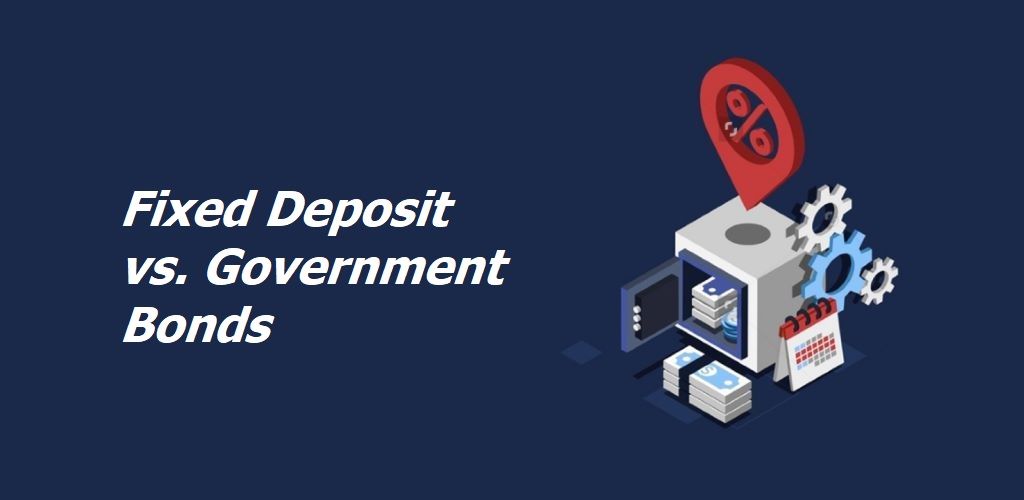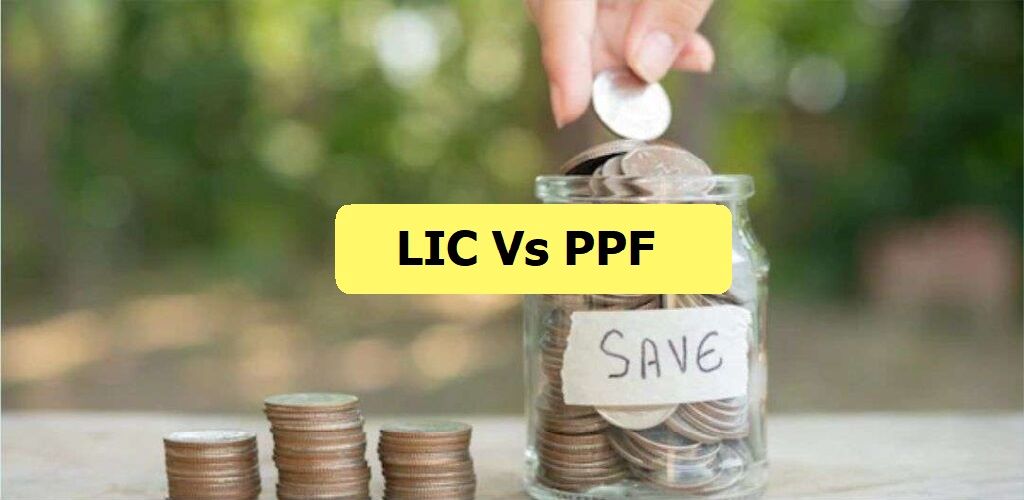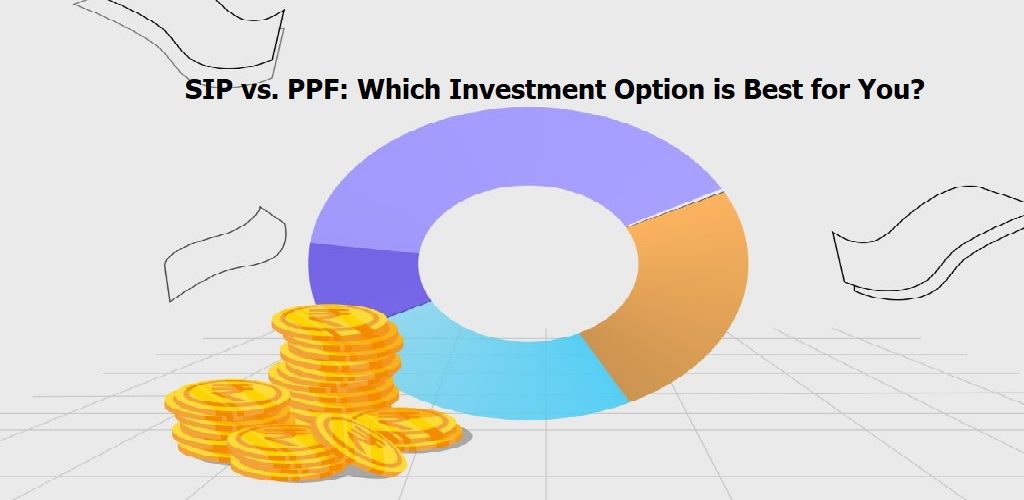Are you searching for a secure and dependable way to grow your wealth? Two popular options worth exploring are Fixed Deposits (FDs) and bonds. Each offers unique advantages, balancing different levels of risk, returns, and flexibility.
Fixed Deposits and bonds stand out among the most trusted investment choices in India. While they share the appeal of stability, they serve different roles: bonds are debt instruments issued by governments or corporations, whereas Fixed Deposits are traditional deposit products offered by banks. This difference often makes these two options the top contenders when Indians consider fixed-income investments.
But how exactly do these two differ? Let’s dive into the key distinctions to help you find the right fit for your financial goals.
What is a Fixed Deposit?
A Fixed Deposit (FD) is an investment option in which you deposit a lump sum of money with a bank or financial institution for a specific period at a fixed interest rate. Known for their safety and reliability, FDs provide guaranteed returns over the chosen period, making them a favored choice for conservative investors.
You have the flexibility to choose how you’d like to receive interest on your FD. There are two main options: cumulative, where interest compounds and is paid out at the end of the term, and non-cumulative, where interest is paid out periodically, such as monthly or annually. While withdrawing funds early from an FD is possible, it may come with a penalty, making it less flexible than bonds, which generally offer greater liquidity.
Interest rates on FDs are simple compared to bonds. Most banks offer similar rates, though smaller or lesser-known banks may provide slightly higher rates to attract depositors. However, the main factor that affects FD interest rates is the duration, or tenure, of the deposit.
What are the reasons for investing in FD?
Here are some of the main reasons why FDs are so popular:
- Easy Liquidity
One of the biggest benefits of fixed deposits is that they are secure investments, yet they also allow relatively easy access to your money when needed. Most FDs, except for tax-saving ones, can be withdrawn early with only a small penalty. This makes it simple to liquidate your FD if you find yourself in need of funds. Plus, the process is hassle-free and often can be done online using your bank’s net banking portal.
- Higher Interest Rates than Savings Accounts
While savings accounts offer interest on your balance, Fixed Deposits tend to have significantly higher interest rates. In some cases, banks may offer rates up to 7% or even more on FDs, allowing you to grow your savings at a better rate than a standard savings account can provide.
- Build a Strong Relationship with Your Bank
Another major highlight of opening an FD is that it helps build a positive banking history, which can be beneficial if you ever need a loan or other banking services. Banks tend to favor customers who already have a relationship with them, and maintaining an FD can increase your chances of receiving premium services or better rates on loans and other products in the future.
- Tax-Saving Option
FDs can also be an effective way to save on taxes. Under Section 80C of the Income Tax Act, investments in tax-saving FDs are eligible for a tax deduction of up to Rs. 1,50,000 per year, which makes it a valuable tax-saving tool. However, it’s essential to note that these tax-saving FDs come with a 5-year lock-in period and cannot be withdrawn prematurely.
- Automatic Renewal for Convenience
Lastly, many banks offer the option to set your FD to renew automatically on maturity. You can be set to renew for the same term upon maturity without needing any manual action from you. Furthermore, this automatic renewal ensures there’s no lapse in your investment, which may allow you to continue earning interest without interruption.
What are Government Bonds?
Government bonds are a type of debt security issued by the government to raise funds. When you buy a government bond, you’re essentially lending money to the government, which agrees to pay you regular interest, called a “coupon,” and return the full amount you invested when the bond reaches its maturity date.
Government bonds are generally considered very low-risk because they are backed by the government, making them one of the safest investment options. The interest rate on these bonds can either be fixed, meaning it stays the same over time, or variable, so it can change based on market conditions. Compared to corporate bonds, which can carry higher risk, government bonds are a popular choice for investors looking for stability.
In India, government bonds are often viewed as a safe and reliable way to earn steady returns. However, it’s always a good idea to research your options and consult a financial advisor before investing to ensure it aligns with your financial goals.
What are the Benefits of Investing in Government Bonds?
Let’s explore the key benefits that make government bonds a preferred option for many investors
- Sovereign Guarantee
One major reason to invest in government bonds is that they come with a “sovereign guarantee,” which essentially means they are backed by the full financial power of the government. When a government issues bonds, it pledges to repay the debt under the agreed-upon terms. Furthermore, this level of assurance makes government bonds one of the most secure investments available, as there is a very low risk of default.
- Protection Against Inflation
Some government bonds, like Inflation-Indexed Bonds or Capital-Indexed Bonds, provide a unique advantage: they are designed to protect against inflation. In these bonds, either the balance or the interest payments are adjusted in line with inflation. This means that even if prices rise over time, your investment retains its purchasing power. This inflation adjustment helps ensure that the real value of your money grows, which may offer protection from the eroding effects of inflation.
- Steady Income Stream
One of the appealing features of government bonds is the regular income they provide. Typically, the Reserve Bank of India (RBI) ensures that interest on these bonds is paid every six months, giving investors a predictable and steady income. This is especially beneficial for those who want to put their idle funds to work while enjoying a reliable source of periodic earnings.
- High Level of Safety and Stability
Government bonds are considered one of the safest investment options due to their strong backing. The government has the power to generate revenue through taxes or even create more currency, which helps them meet debt obligations. This backing by the government’s credit strength makes these bonds extremely stable and reduces the risk of loss, offering peace of mind to conservative investors.
- Variety of Bond Types
Last but not least, government bonds are available in a wide range of types, each catering to different investor needs. Some government bonds, such as municipal bonds (in certain countries), even come with tax advantages. Interest income from these bonds can sometimes be exempt from federal or state income taxes, which is especially beneficial for investors in higher tax brackets. Tax-advantaged government bonds can help improve after-tax returns and boost overall portfolio performance.
Differences Between Government Bonds and Fixed Deposits
Let’s take a look at the differences between government bonds and fixed deposits.
| Parameters | Bonds | FDs |
| Definition | A bond is a financial instrument where an investor lends money to a borrower (like a government or company) in exchange for interest payments and the return of the principal amount at a later date. | A fixed deposit is a type of savings account that pays a fixed interest rate on the amount deposited until the maturity date. |
| Issuers | Bonds can be issued by governments, corporations, public sector undertakings (PSUs), and banks. | Fixed deposits are offered by banks, post offices, and non-banking financial companies (NBFCs). |
| Return | Bonds generally provide higher returns, especially those with longer terms, and they may also offer capital gains. | Returns on FDs are fixed and usually lower than those on bonds. |
| Liquidity | Bonds can be easily bought and sold on the market, which makes them more liquid than fixed deposits. | FDs are less liquid since they are typically kept until maturity, although some banks allow early withdrawal with a penalty. |
| Maturity | Bonds come with a variety of maturity periods, from a few months to several years. | FDs have a set maturity period, usually ranging from a few months to several years. |
| Safety | Bond safety varies depending on the issuer (government, PSU, or private sector) and other factors like credit rating and tenure. | FDs are generally considered safer because they are insured up to Rs. 5 lakhs by the Deposit Insurance and Credit Guarantee Corporation (DICGC), which is a subsidiary of the RBI. |
Conclusion
So, there you have it! Choosing between bonds and fixed deposits (FDs) involves several important considerations that can significantly impact your investment experience. First, think about the duration of your investment. How long are you willing to commit your money? Bonds often come with varying maturity periods, which can range from a few months to several years, which facilitate greater flexibility. On the other hand, FDs have fixed terms, meaning your money will be locked in until the end of the agreed period.
Given these factors, it’s often beneficial to seek advice from a financial expert. They can help you navigate the complexities of both investment options and guide you in selecting the best bonds or fixed deposits based on your financial goals.







